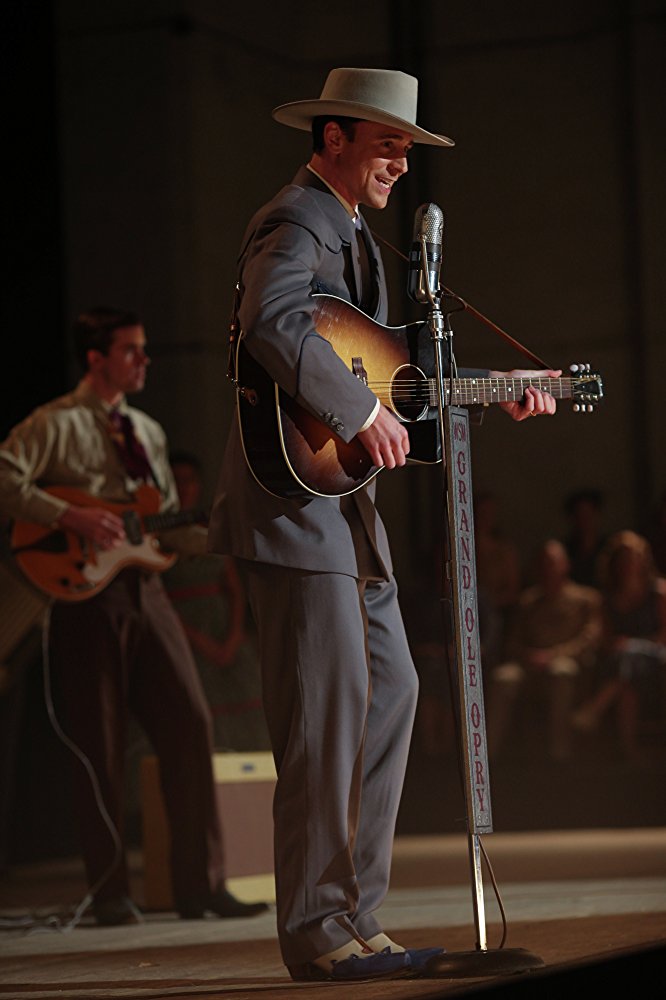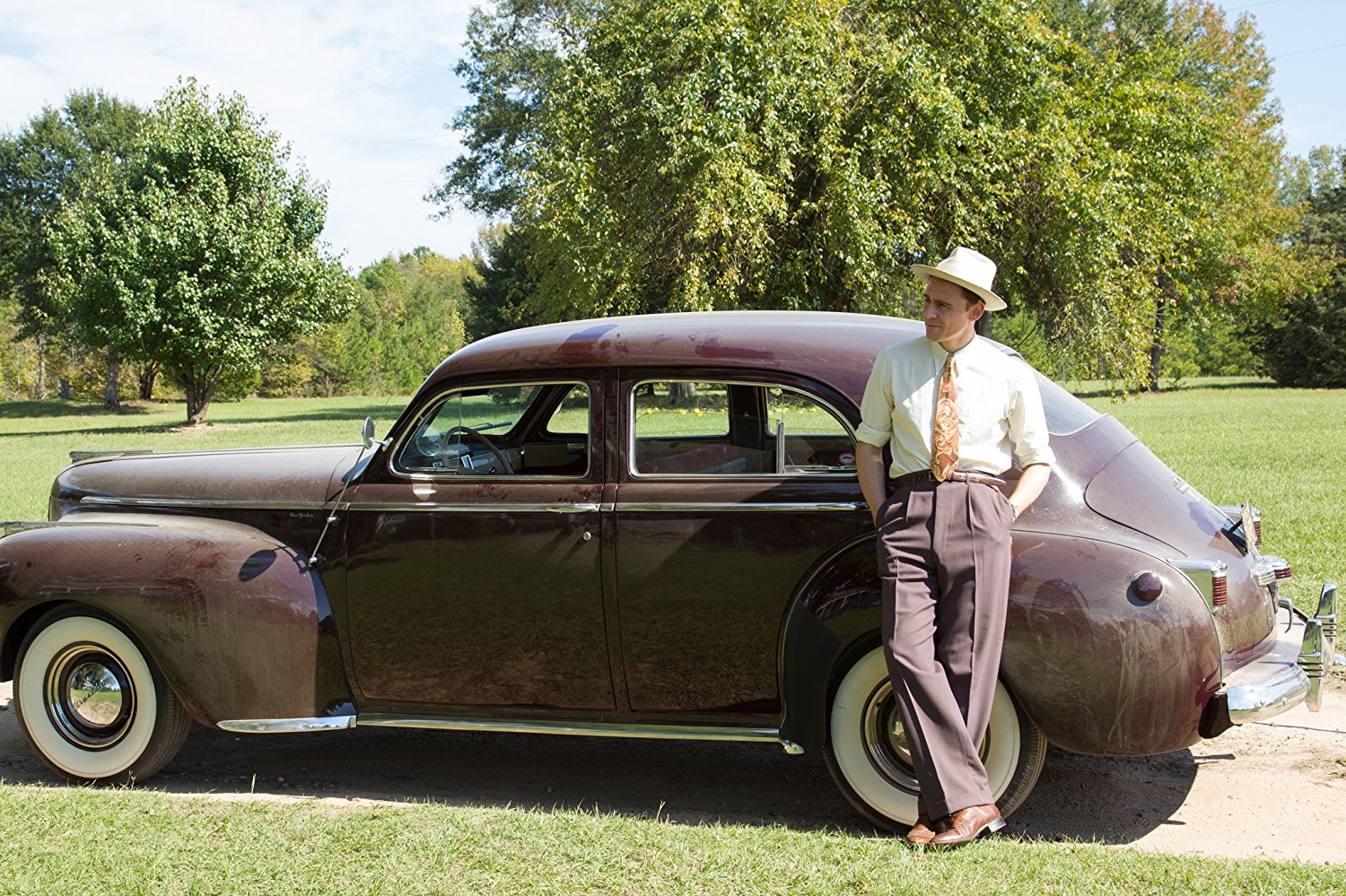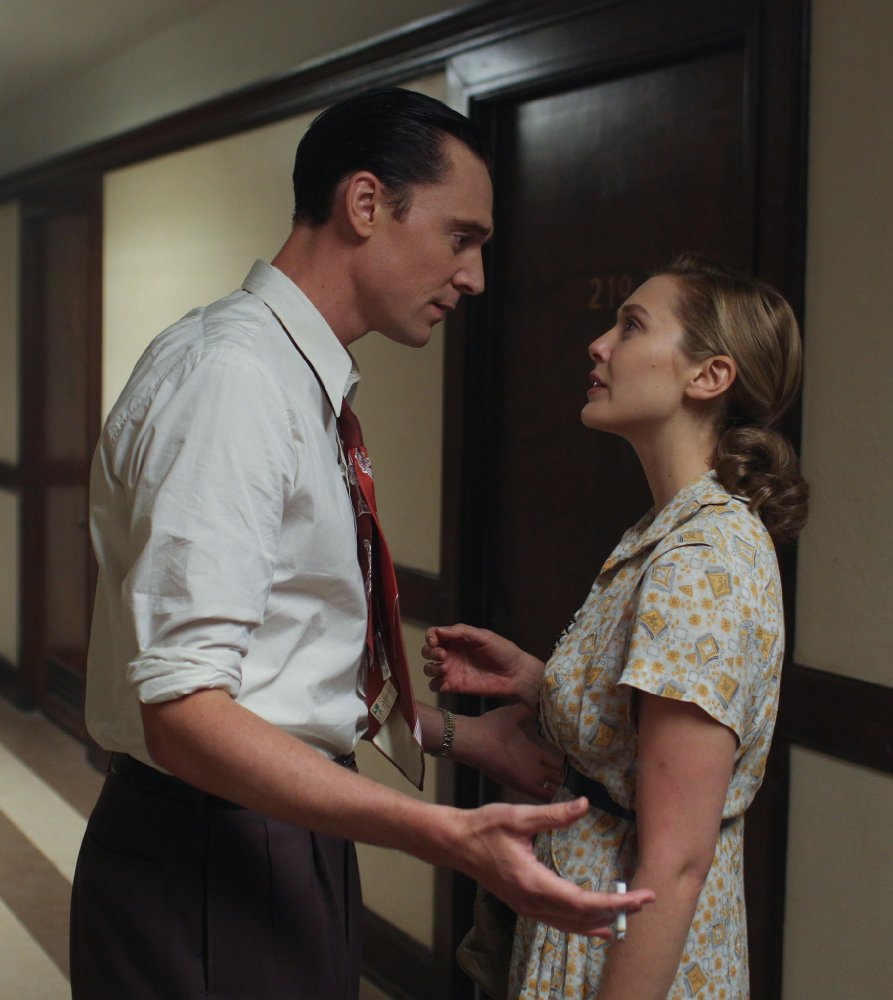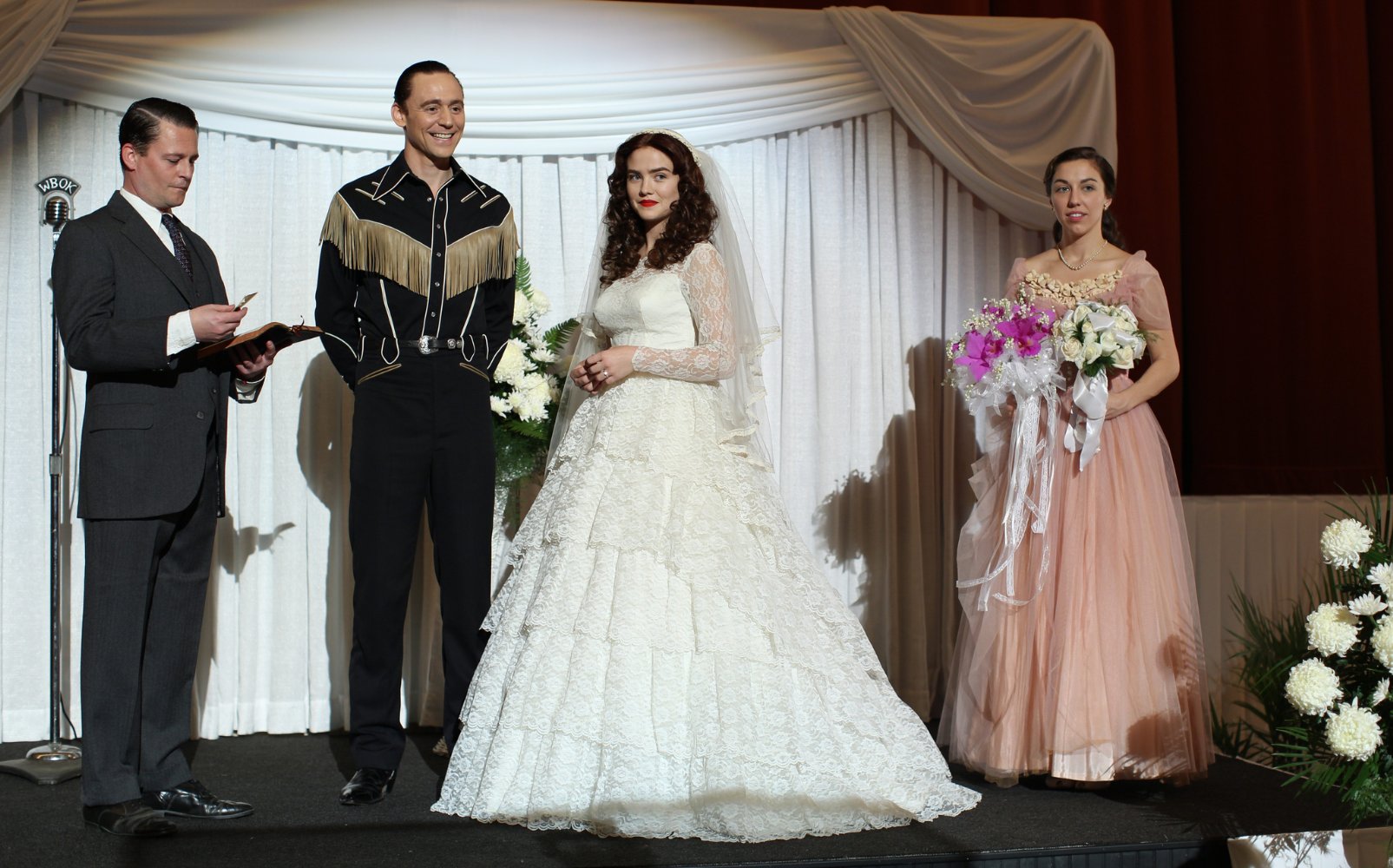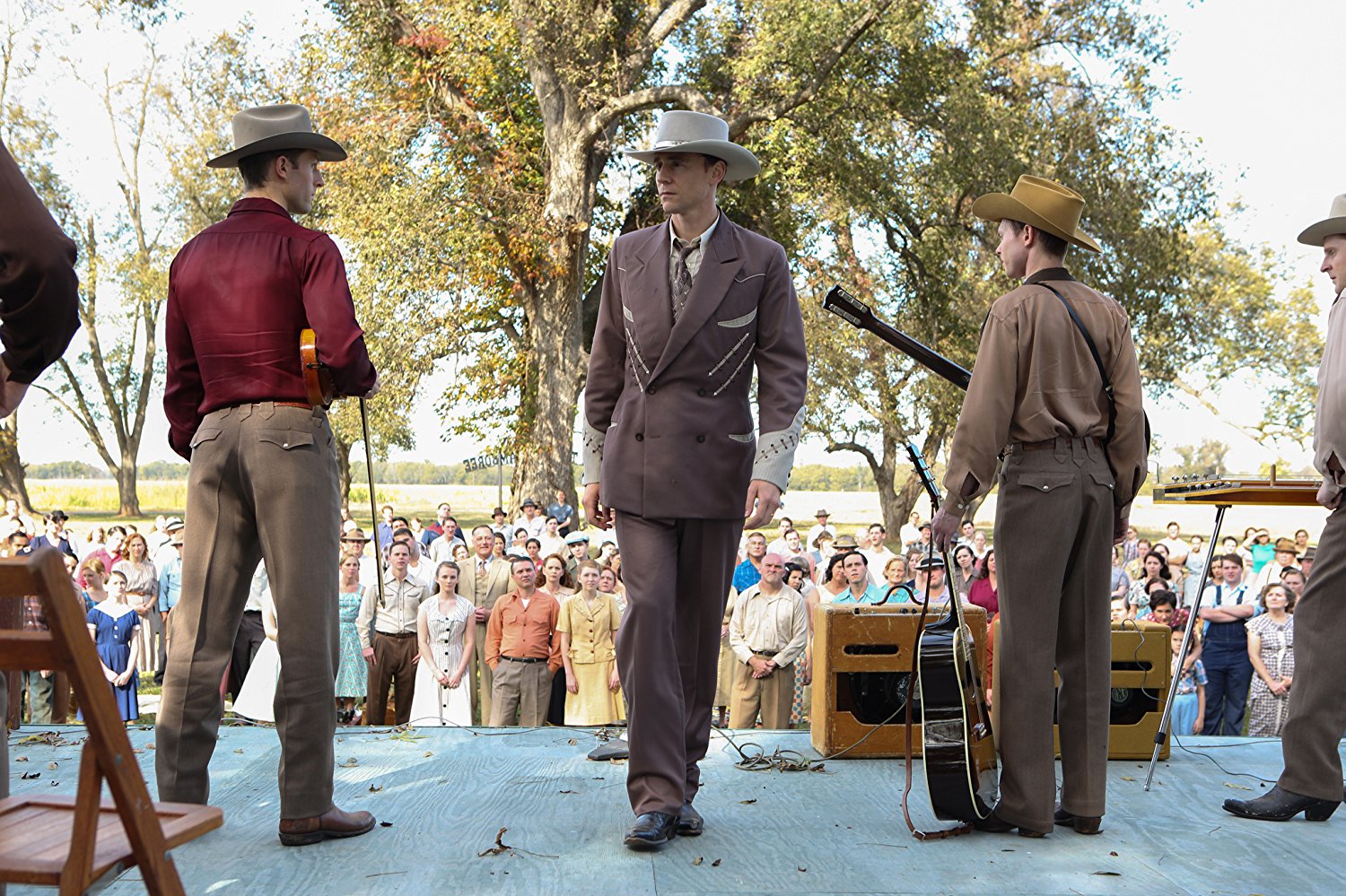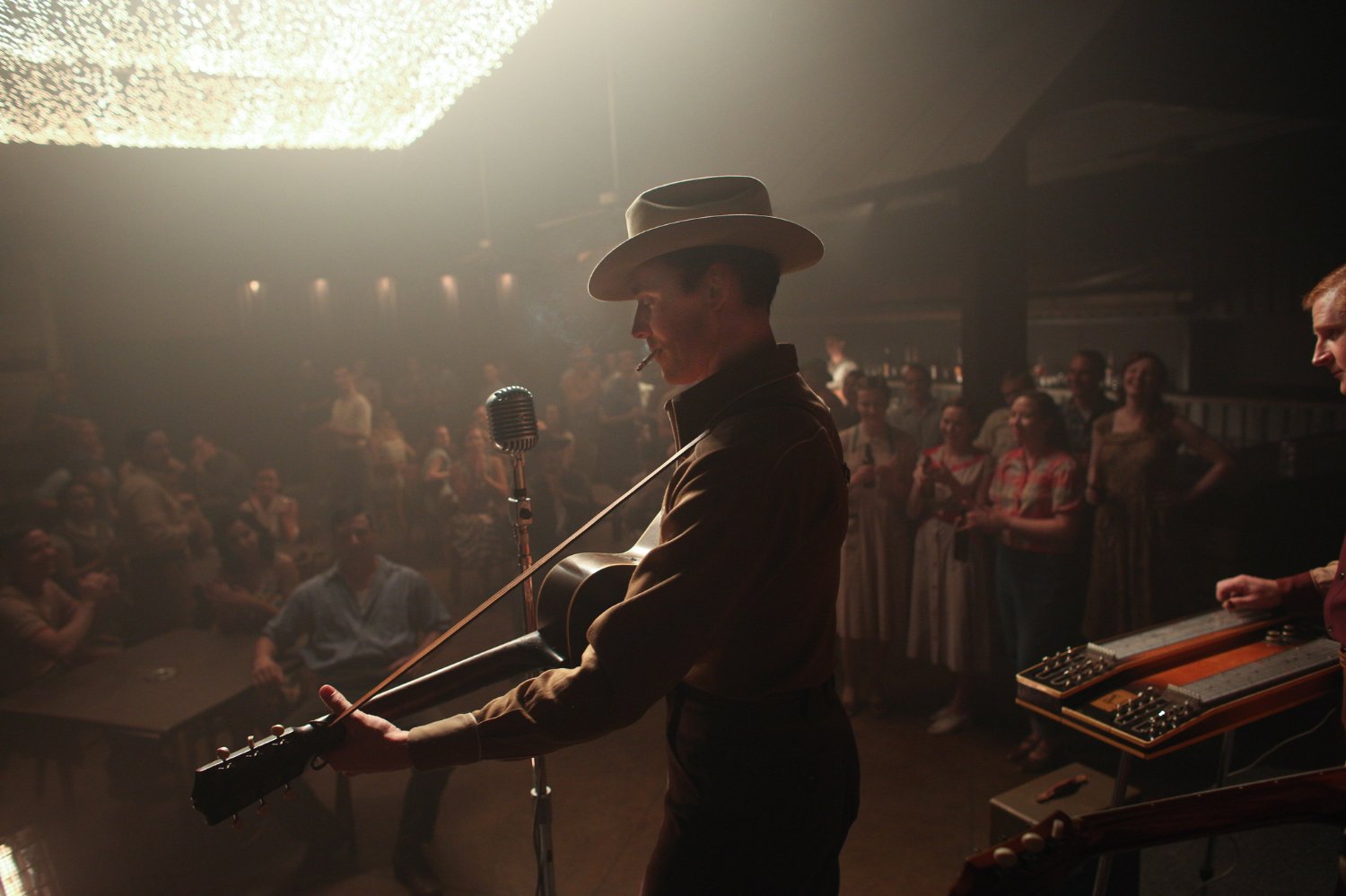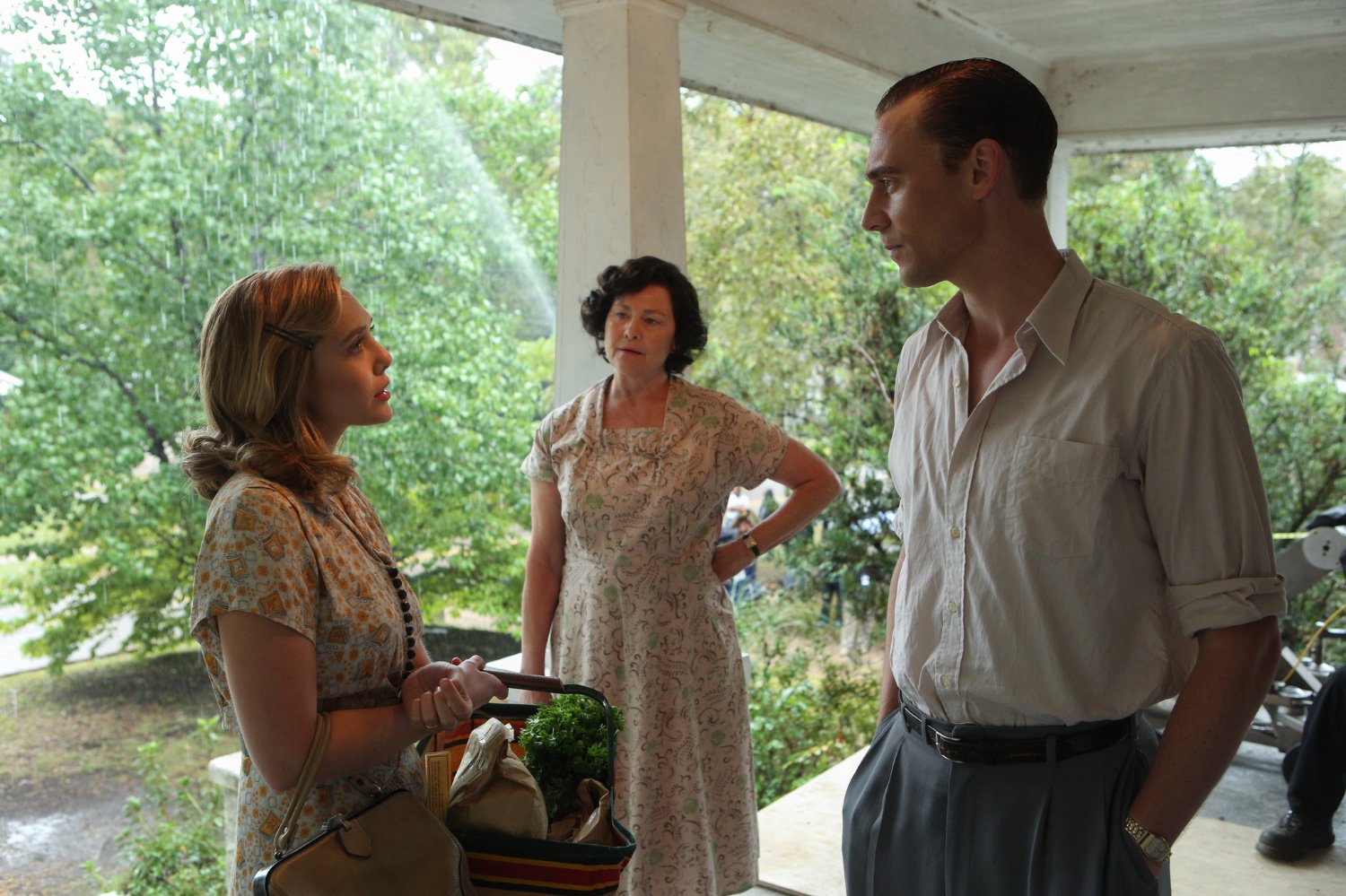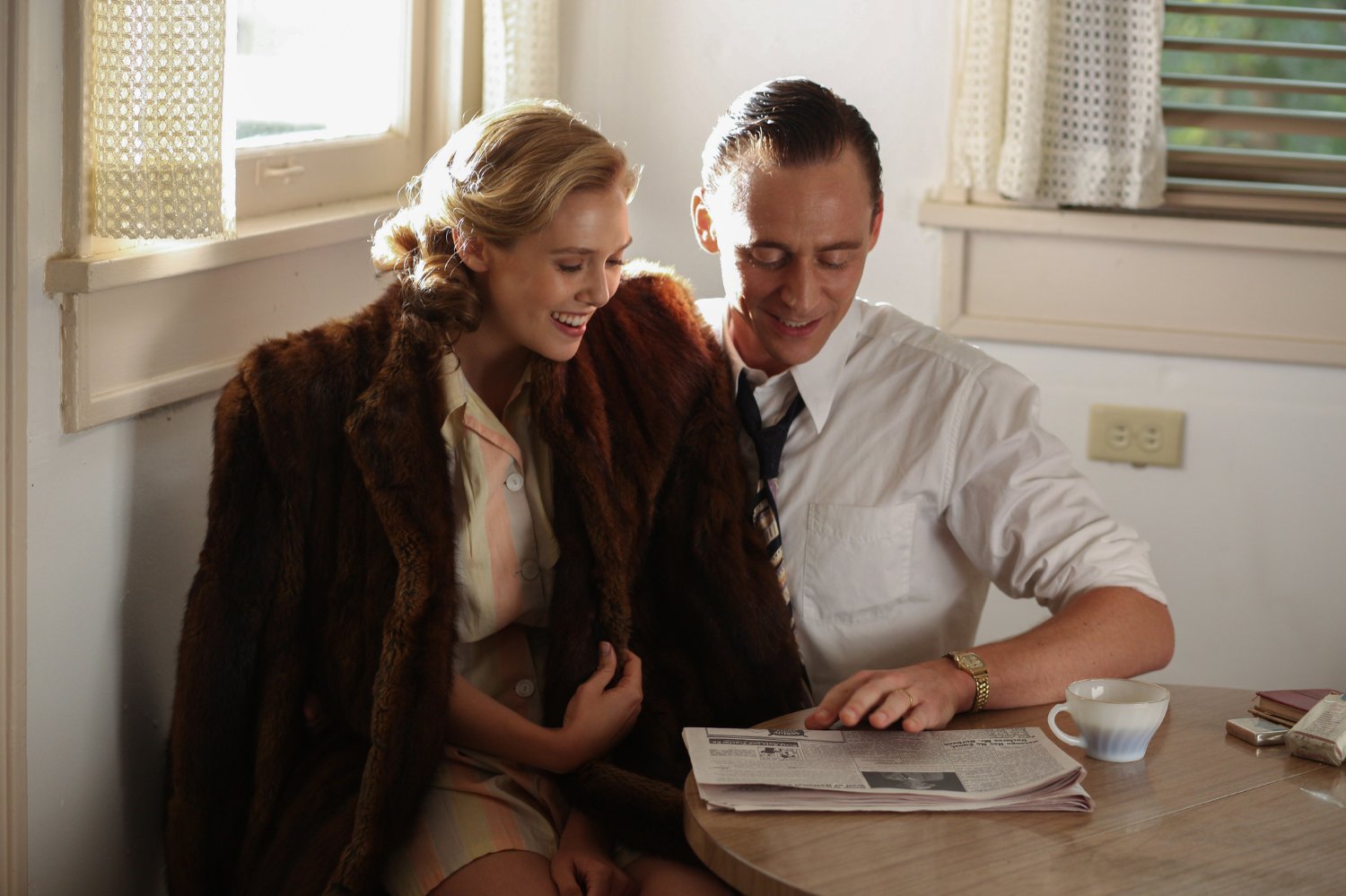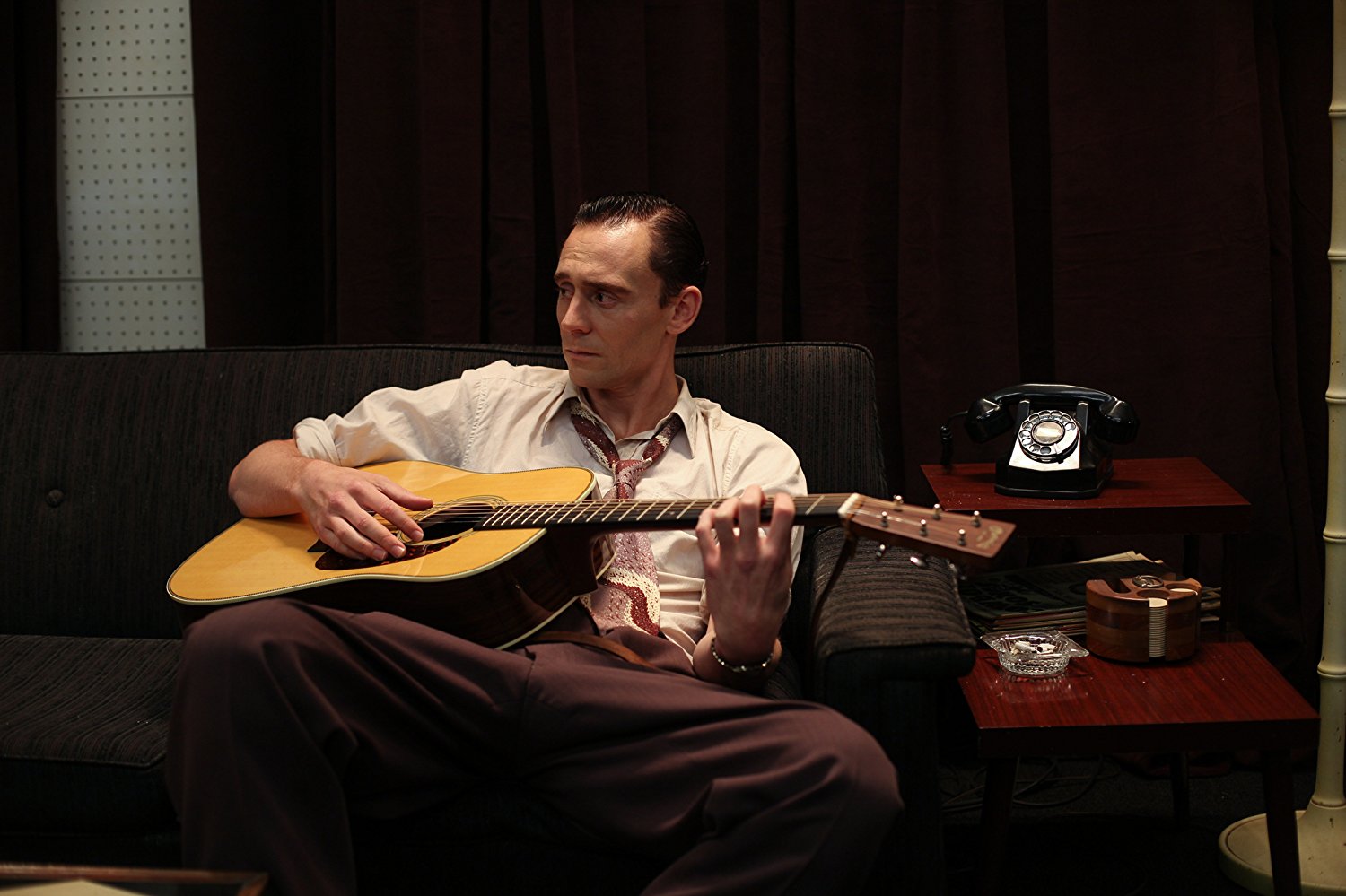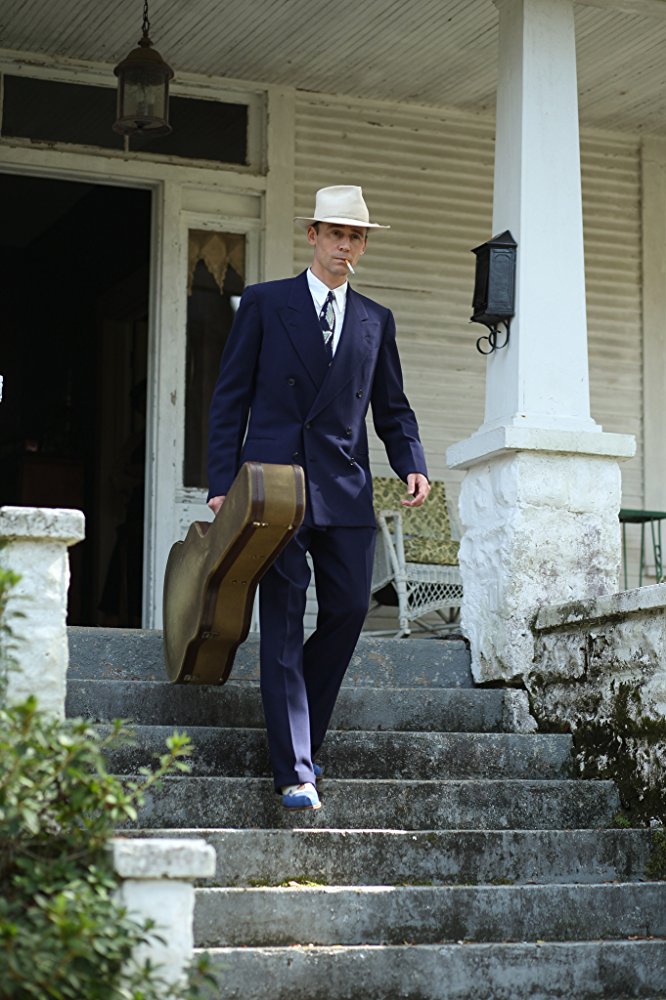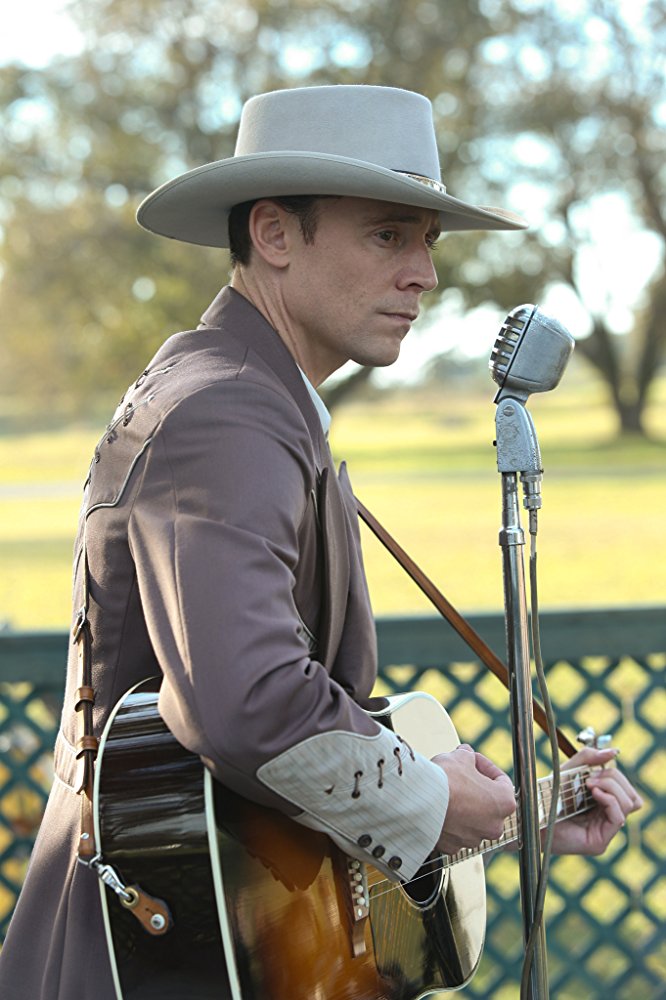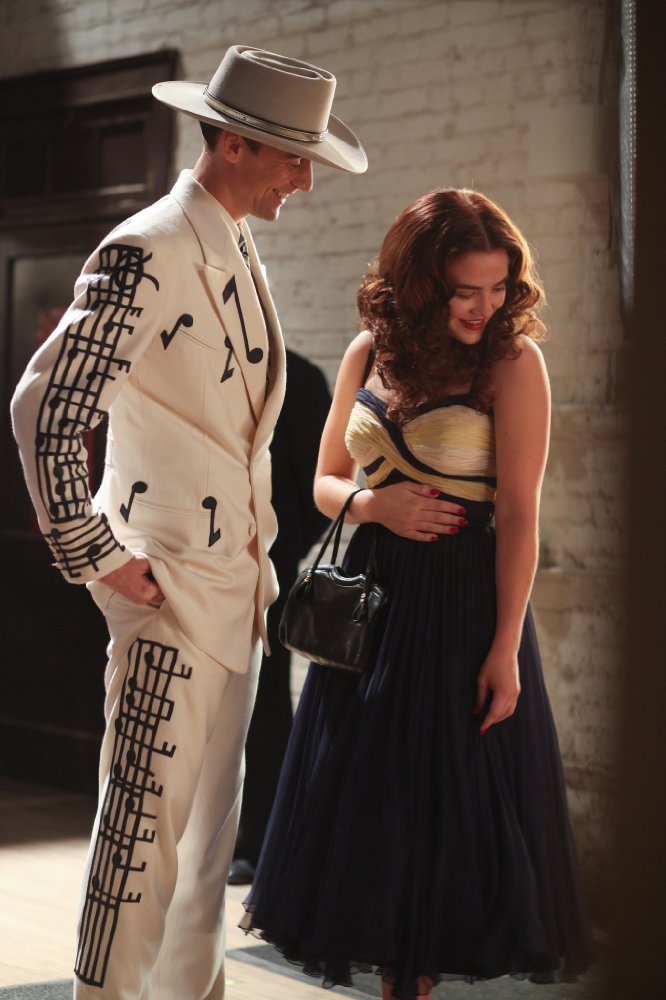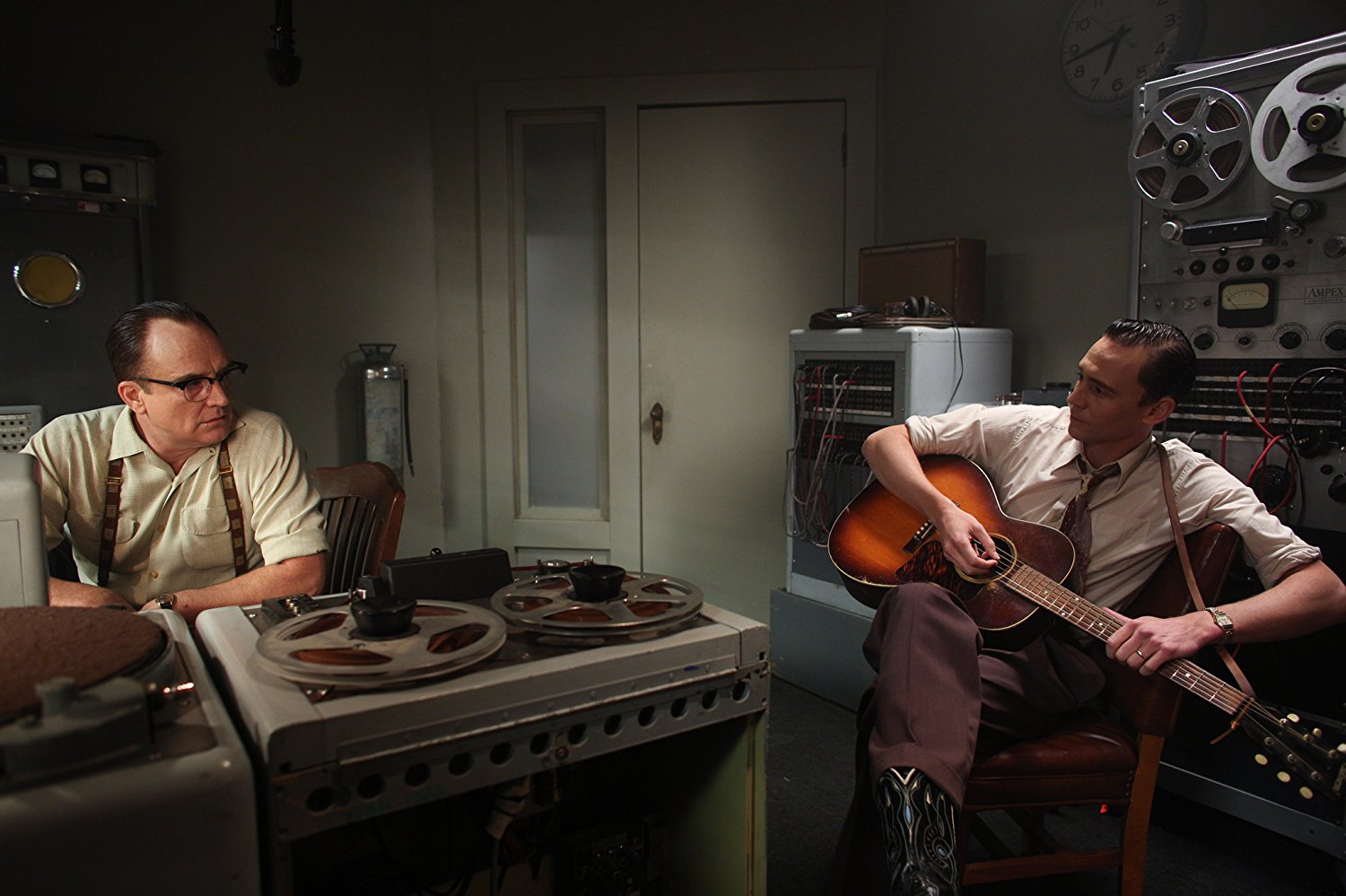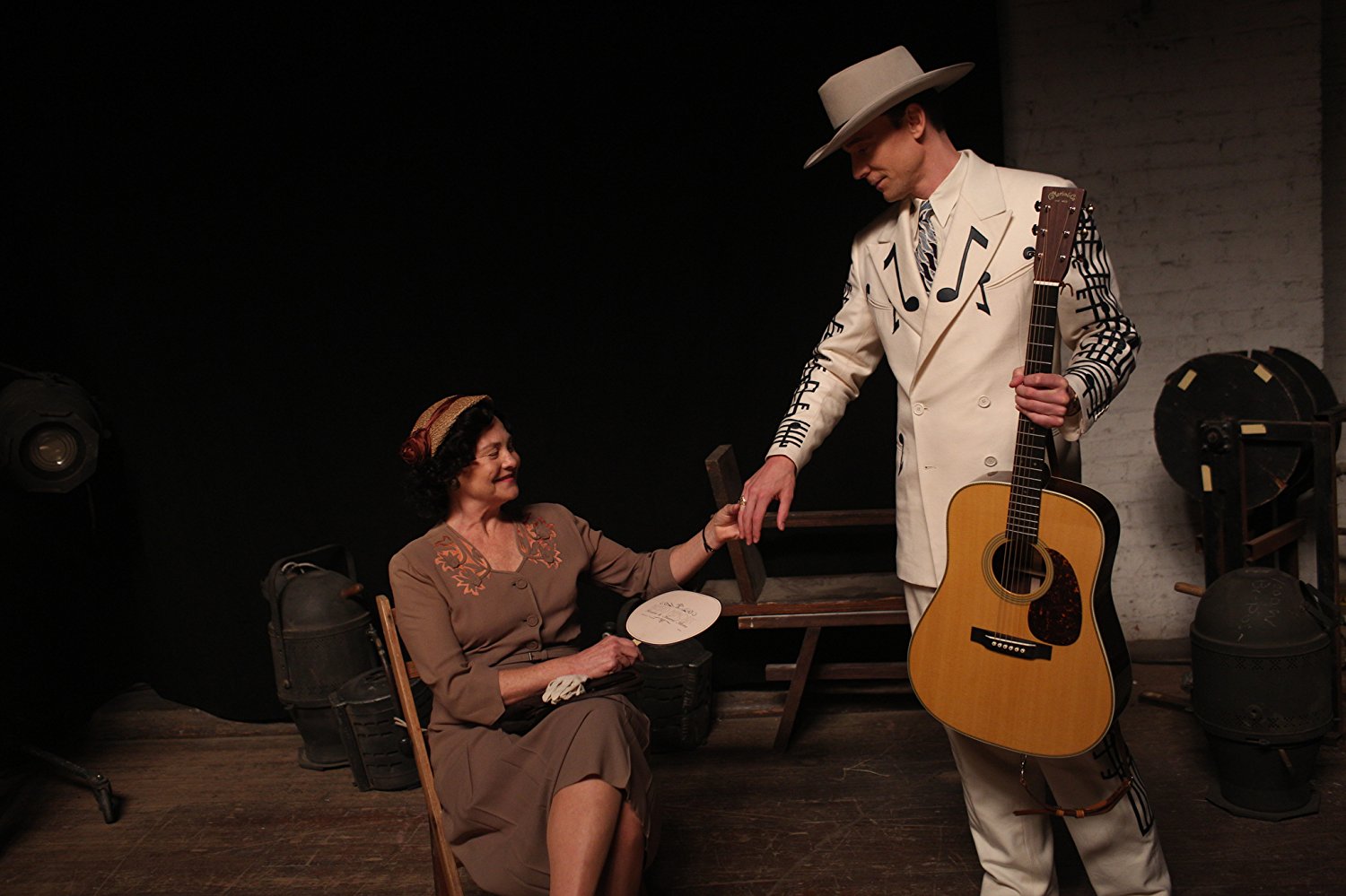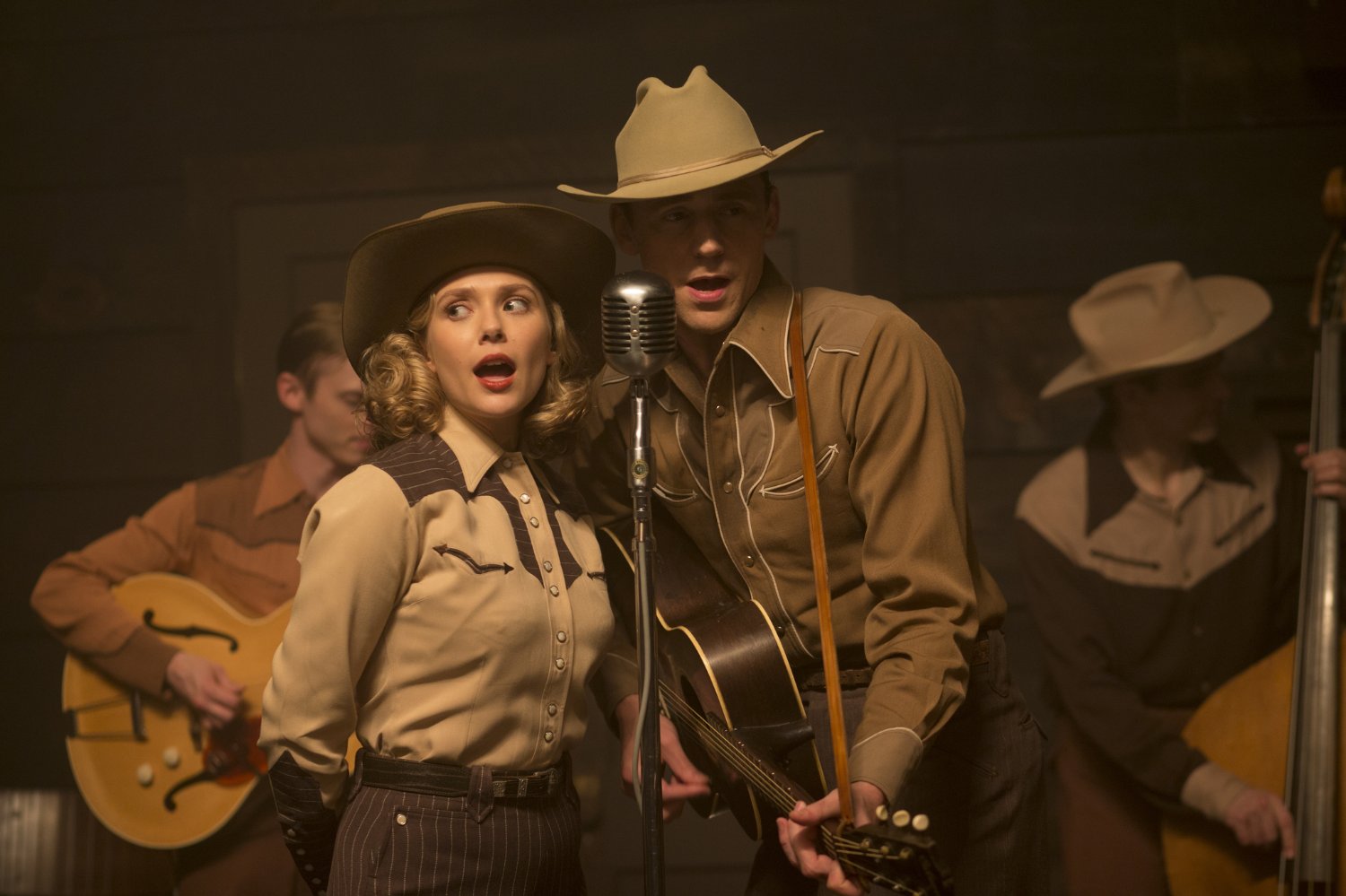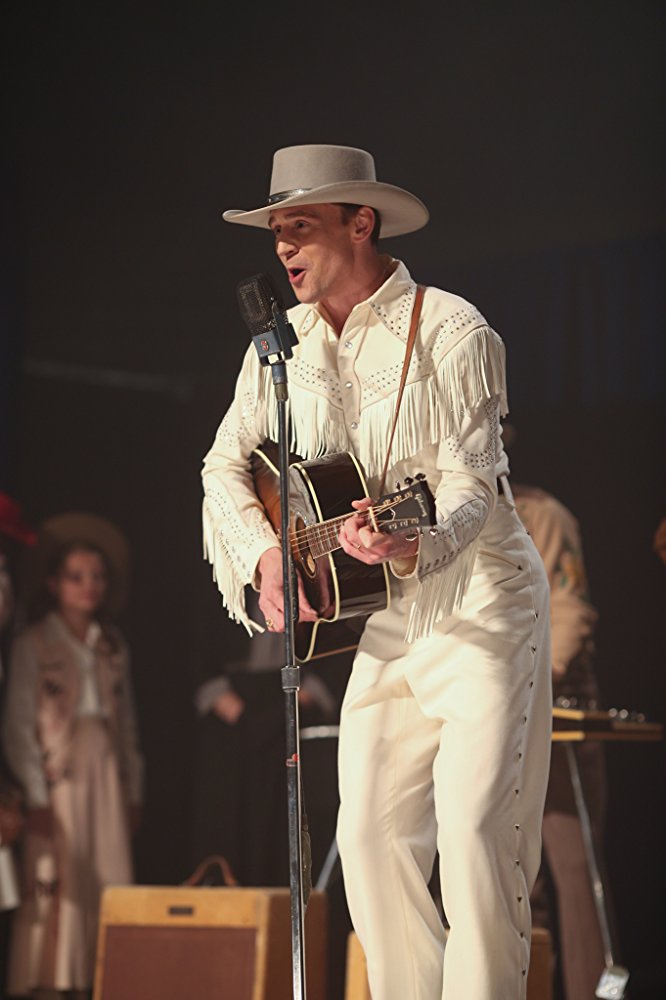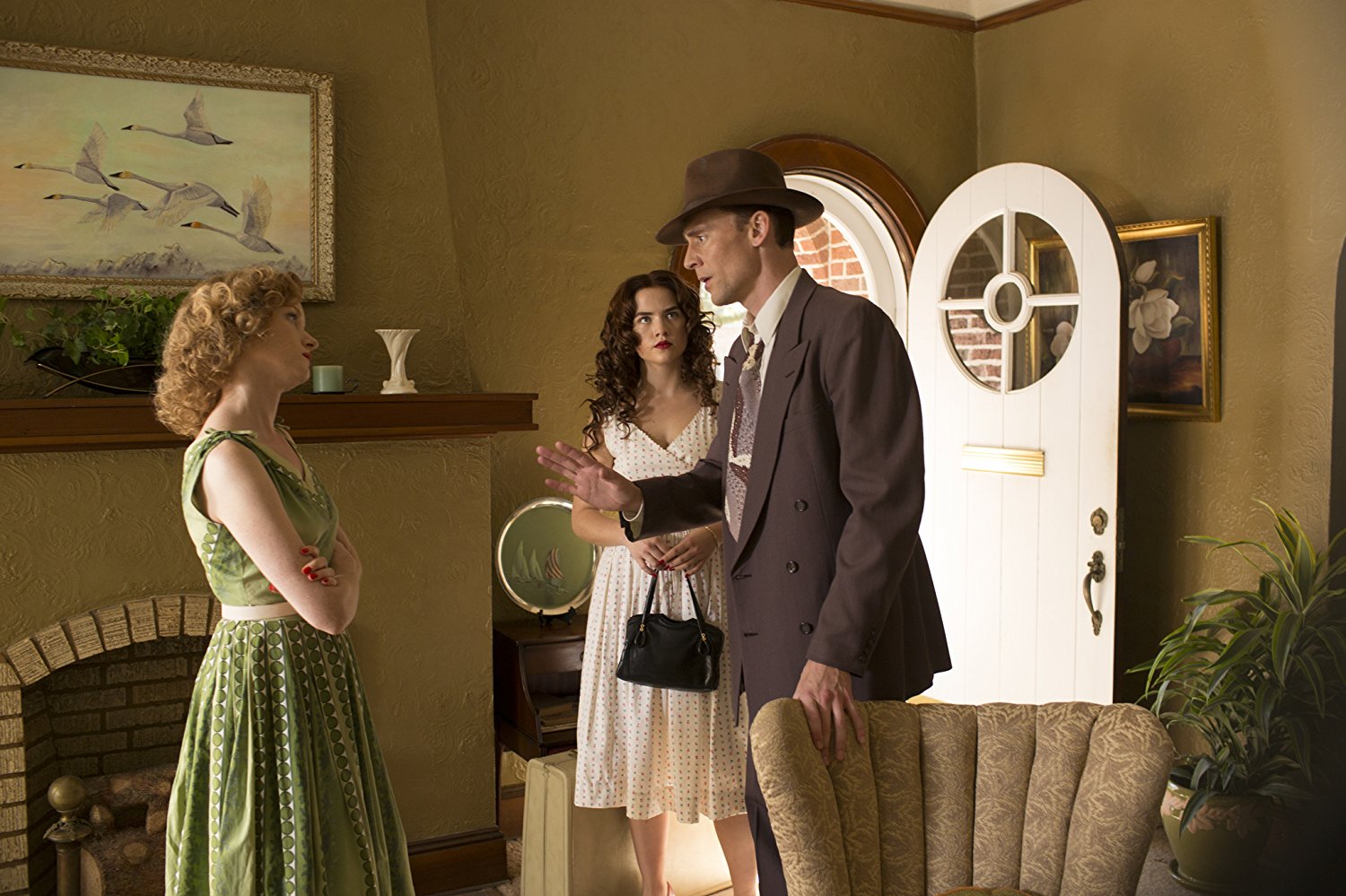Hank Williams (September 17, 1923 January 1, 1953), born Hiram King Williams, was an American singer-songwriter and musician regarded as one of the most important country music artists of all time. Williams recorded 35 singles (five released posthumously) that would place in the Top 10 of the Billboard Country & Western Best Sellers chart, including 11 that ranked number one.He was born in Mount Olive, Butler County, Alabama, with a mild undiagnosed case of spina bifida occulta, a disorder of the spinal column, which gave him lifelong paina factor in his later abuse of alcohol and drugs. Williams moved to Georgiana, where he met Rufus Payne, a black street performer who gave him guitar lessons in exchange for meals or money. Payne had a major influence on Williams's later musical style. During this time, Williams informally changed his name to Hank, believing it to be a better name for country music. After moving to Montgomery, Williams began his career in 1937 when WSFA radio station producers hired him to perform and host a 15-minute program. He formed as backup the Drifting Cowboys band, which was managed by his mother, and dropped out of school to devote all of his time to his career.When several of his band members were conscripted to military service during World War II, Williams had trouble with their replacements and started drinking heavily, causing WSFA to dismiss him. Williams eventually married Audrey Sheppard, who became his manager for nearly a decade. After recording Never Again and Honky Tonkin' with Sterling Records, he signed a contract with MGM Records. In 1948 joined the Louisiana Hayride radio program. In 1949, he released a cover of Lovesick Blues, which carried him into the mainstream of music. After an initial rejection, Williams joined the Grand Ole Opry. He had 11 number one songs between 1948 and 1953, though he was unable to read or notate music to any significant degree. Among the hits he wrote were Your Cheatin' Heart, Hey, Good Lookin', and I'm So Lonesome I Could Cry. In 1950, Williams began recording as Luke the Drifter for his religious-themed recordings, many of which are recitations rather than singing. Fearful that disc jockeys and jukebox operators would hesitate to accept these unusual recordings, Williams used this alias to avoid hurting the marketability of his name. One characteristic of Williams's recordings as Luke the Drifter is the use of narration rather than singing. Despite that the real identity of Luke the Drifter was supposed to be anonymous, Williams often performed part of the material of the recordings on stage. Most of the material was written by Williams, in cases with the help of Fred Rose and his son Wesley. The songs depicted Luke the Drifter traveling around from place to place, narrating stories from different characters and philosophizing about life. Some of the compositions were accompanied by a pipe organ.In 1951, a fall suffered during a hunting trip in Tennessee reactivated his old back pains. Subsequently, he started to consume painkillers, including morphine, and alcohol to ease the pain. His alcoholism worsened in 1952, and on August 11, 1952, Williams was fired from the Grand Ole Opry for habitual drunkenness. He returned to perform in KWKH and WBAM shows and in the Louisiana Hayride, for which he toured again. His performances were acclaimed when he was sober, but despite the efforts of his work associates to get him to shows sober, his abuse of alcohol resulted in occasions when he did not appear or his performances were poor. In October 1952 he married Billie Jean Jones.By the end of 1952, Williams had started to suffer heart problems. He met Horace Raphol Toby Marshall in Oklahoma City, who claimed to be a doctor. Marshall had been previously convicted for forgery, and had been paroled and released from the Oklahoma State Penitentiary in 1951. Under the name of Dr. C. W. Lemon he prescribed Williams with amphetamines, Seconal, chloral hydrate, and morphine.On December 31, 1952, Williams was scheduled to perform at the Municipal Auditorium in Charleston, West Virginia. Because of an ice storm in the Nashville area, Williams could not fly, so he hired a college student, Charles Carr, to drive him to the concerts. At around midnight on January 1, 1953, when they crossed the Tennessee state line and arrived in Bristol, Virginia, Carr stopped at a small all-night restaurant and asked Williams if he wanted to eat. Williams said he did not, and those are believed to be his last words. Carr later drove on until he stopped for fuel at a gas station in Oak Hill, West Virginia, where he realized that Williams was dead. The filling station's owner called the chief of the local police. Williams died in the early morning hours of New Years Day in 1953 at the age of 29 from heart failure brought on by pills and alcohol.Dr. Ivan Malinin performed the autopsy at the Tyree Funeral House. Malinin found hemorrhages in the heart and neck and pronounced the cause of death as insufficiency of the right ventricle of the heart. That evening, when the announcer at Canton announced Williams's death to the gathered crowd, they started laughing, thinking that it was just another excuse. After Hawkshaw Hawkins and other performers started singing I Saw the Light as a tribute to Williams, the crowd, now realizing that he was indeed dead, sang along.Despite his short life, Williams has had a major influence on country music. The songs he wrote and recorded have been covered by numerous artists, many of whom have also had hits with the tunes, in a range of pop, gospel, blues and musical styles. Your Cheatin' Heart was written and recorded in 1952 but released in 1953 after Williams's death. The song was number one on the country charts for six weeks. It provided the title for the 1964 biographical film of the same name, which starred George Hamilton.
Show less «

